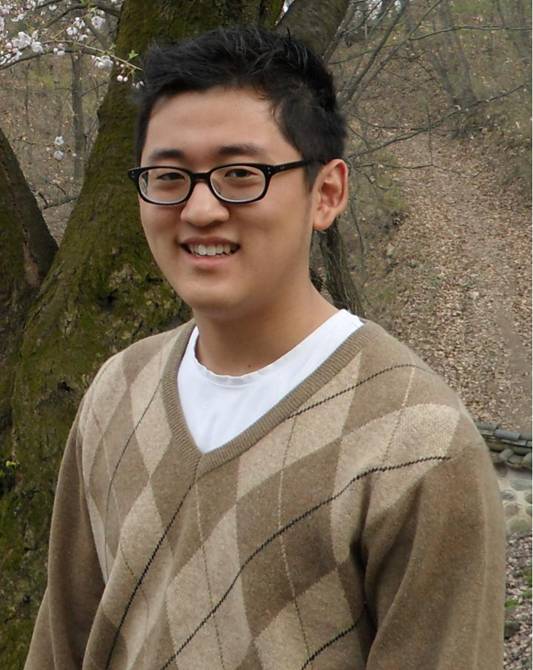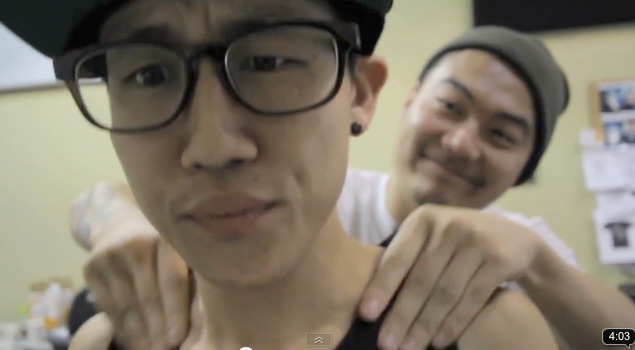The parents of a 19-year-old English teacher found dead in Tokyo last year continues to search for answers regarding their son’s mysterious death, according to a feature story published yesterday by the Japan Times.
Hoon “Scott” Kang of Georgia was found lying in a pool of his own blood in an emergency stairwell of a high-rise building in the kabuki theater district of Tokyo on Aug. 26, 2010. There was a deep gash in his head and blood was coming out of his left ear. He never awoke from a coma and died five days later.
Scott’s father Sung Won arrived in Tokyo this week to find a lawyer and raise awareness regarding his son’s case, the Japan Times reported.
“We want to follow whatever limited options the Japanese legal system offers us to obtain the information we need,” explains [family spokesman Ray] Wozniak. “We want the evidence — we want to know how it was that Scott died.”
In addition, they are meeting with representatives from the U.S. Embassy and the public prosecutor’s office to discuss the case.
After their visit to Japan they plan to travel to the Kangs’ ancestral home in South Korea, where Scott’s ashes were laid, to honor his memory.
A Korean film crew from TV station MBC are following Kang and Wozniak on their journey for a one-hour program they are making about the case that will be aired later this month as part of the channel’s documentary series “The Day.”
The family is also upset that Tokyo police closed the investigation last February — after ruling it an accident — and failed to inform them. Tokyo authorities say they told the U.S. Embassy of the investigation’s conclusion but apparently the embassy failed to relay the information.
Kang says that the failure of the embassy to pass on such critical information in a timely fashion shows the embassy is not taking the case seriously. “I feel the U.S. Embassy acted as if Scott was not a U.S. citizen.”
Wozniak, who has communicated with the embassy about the case on a number of occasions, echoes this sentiment.
“I have seen many movies where U.S. Embassy personnel come to the aid and defense of Americans in foreign countries. I see it now as Hollywood fiction, as our embassy in Tokyo seems to act as if Scott Kang were not even an American citizen, much less someone worthy of attention,” he says.
The fact that the embassy took almost five months to inform the family the case had been closed is indicative of the kind of dismissive attitude they have taken toward the Kangs and their supporters from the outset, Wozniak adds.
The Japan Times contacted the U.S. Embassy in Tokyo on numerous occasions requesting comment on this issue, but to date the embassy has declined to respond.
This is not Sung Won Kang’s first trip to Tokyo, members of his church raised funds for him last October to travel to Japan, where he was met by a crew from television show “America’s Most Wanted.” The segment on Scott Kang aired in November 2010.
[ad#bottomad]








